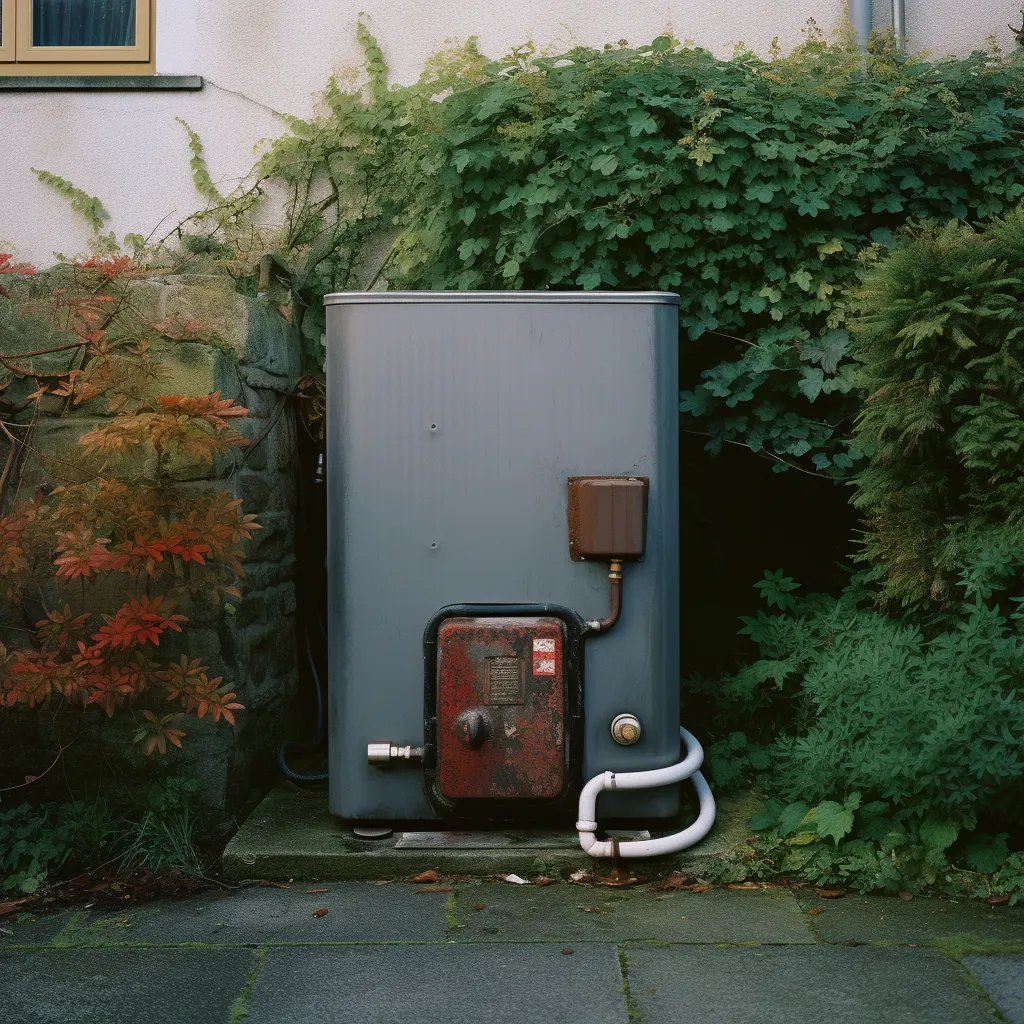Blogs

How Do You Know When an Oil Boiler Needs Replacing?
When contemplating the efficiency and reliability of heating systems, oil boilers stand as a cornerstone for many households. Understanding when to replace an oil boiler is crucial to maintain optimal performance and cost-efficiency.
1. Ageing and Efficiency
The lifespan of an oil boiler typically ranges between 15 to 20 years, contingent upon the model, usage, and maintenance regime. As a boiler ages, its efficiency diminishes due to wear and tear on its components. An efficiency rating, denoted by the Annual Fuel Utilization Efficiency (AFUE) score, below 85% is a clear indicator that the boiler is losing its proficiency and may need replacement. Modern boilers boast AFUE ratings upwards of 90%, offering significantly better fuel economy and reduced carbon emissions.
2. Rising Fuel Costs
An increase in fuel consumption, despite consistent usage patterns, suggests that the boiler is not converting oil to heat as effectively as it once did. This inefficiency leads to higher fuel bills, making it economical in the long term to invest in a new, more efficient model. Monitoring fuel usage and comparing it year on year can provide tangible evidence of diminishing efficiency.
3. Frequent Repairs
If your boiler requires constant repairs, this is a strong indicator that it is nearing the end of its functional life. The cost of frequent repairs can quickly accumulate, making it more financially viable to replace the boiler rather than persist with patchwork fixes. Moreover, parts for older models may become harder to source, further complicating maintenance efforts.
4. Inconsistent Heating and Noise
A boiler struggling to maintain a consistent temperature throughout the premises or emitting unusual noises such as banging, whistling, or gurgling, is signalling distress. These symptoms may be attributed to issues like a failing circulator pump, sediment buildup, or other internal faults. While some problems can be repaired, persistent issues indicate a deeper, systemic failure, necessitating a replacement.
5. Visible Signs of Wear
Physical signs of deterioration, such as rusting, leaking, or damage to the boiler or its pipework, are unmistakable cues that the boiler’s integrity is compromised. Such wear not only impairs the boiler's efficiency but can also pose safety risks, including carbon monoxide leaks.
Deciding to replace an oil boiler is a significant investment. However, recognising the signs—ranging from diminished efficiency, increased operating costs, frequent breakdowns, inconsistent performance, to visible wear—can guide homeowners in making an informed decision. Investing in a new, more efficient boiler can enhance heating performance, reduce fuel consumption, and contribute to environmental stewardship by lowering carbon emissions. As with any plumbing and heating services, get in touch with our team and we can help answer any questions you may have!

Areas Covered:
Address: North Norfolk, Hertfordshire and Bedfordshire